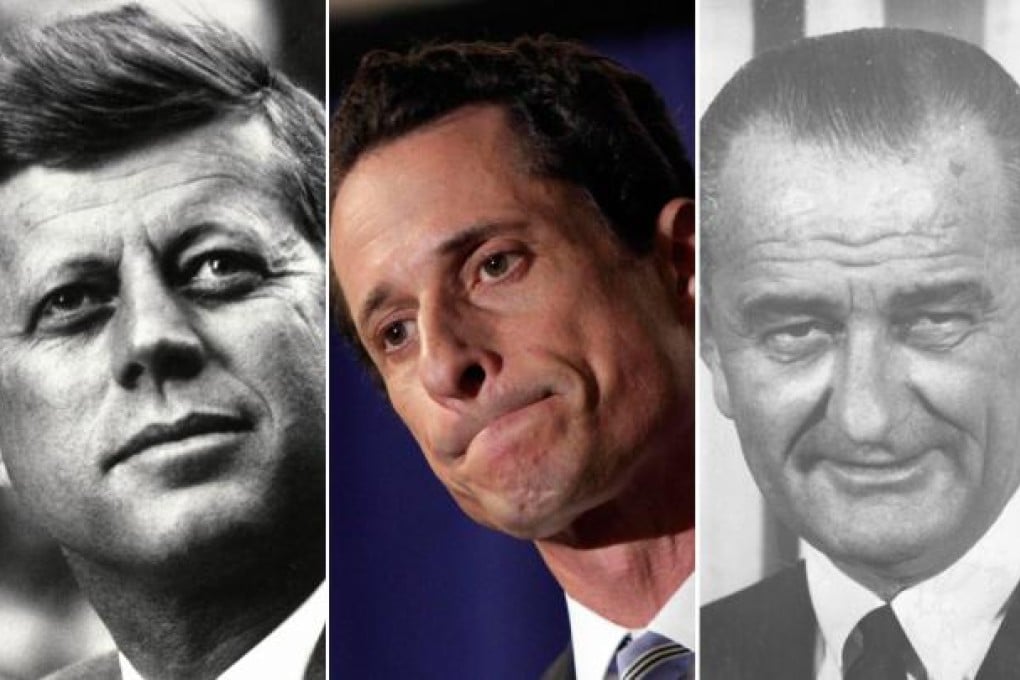Virtually impossible to keep affairs under wraps in digital age
Digital era makes it virtually impossible for people to get away with sexual misconduct

Warren Harding, Franklin Roosevelt, Lyndon Johnson, Republicans Mark Souder, Chris Lee and Anthony Weiner, Senators Gary Hart, John Ensign and David Vitter. And now, David Petraeus, the celebrated military commander and director of the Central Intelligence Agency.
There seems nothing new about the weakness of otherwise powerful Washington figures in the face of temptation. But that is not precisely true: the difference these days is that it is virtually impossible to get away with it.
Petraeus is but the latest in an embarrassment of political scandals that have spilled into public view: Louisiana's Vitter was exposed in 2009 as the client of high-priced prostitutes; New York's Weiner confessed last year to sending sexually explicit photographs to women; Nevada's Ensign resigned the same year after admitting to an illicit affair with a staff member. Indiana's Souder quit in 2010 over a relationship with a staff member with whom he had taped a video promoting sexual abstinence. New York's Lee also left office in 2010 after sending via Twitter a photograph of himself, shirtless, to a woman he met on Craigslist.
"It shocks me how people continue in this type of reckless behaviour, even in prominent leadership positions, and don't seem to think there's going to be a consequence," said Wesley Hagood, the author of a compendium of presidential dalliances.
Petraeus was tripped up by an FBI investigation that stumbled across his extramarital relationship. But in a digital era when the details of even average citizens are cached for public view, the odds of exposure have become exponentially greater.
In matters of sex, of course, desire frequently trumps common sense. It may be no accident that recklessness is epidemic among the powerful, though: A 2001 study in the Journal of Family Psychology concluded that the incidence of extramarital affairs rises in lock step with income and education.